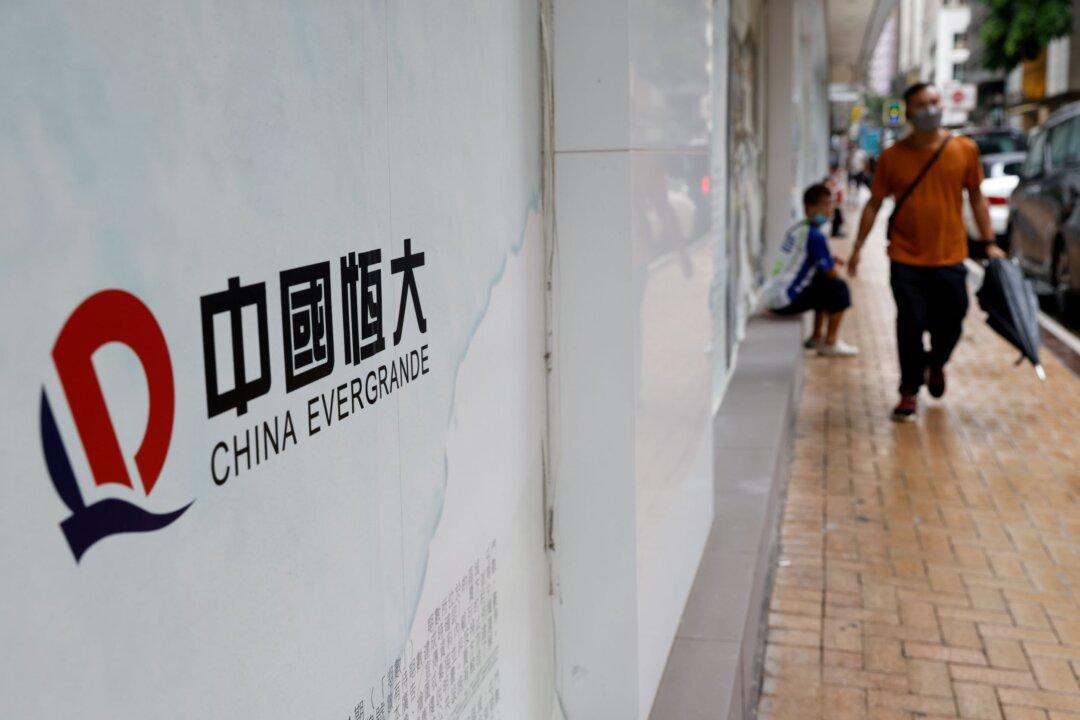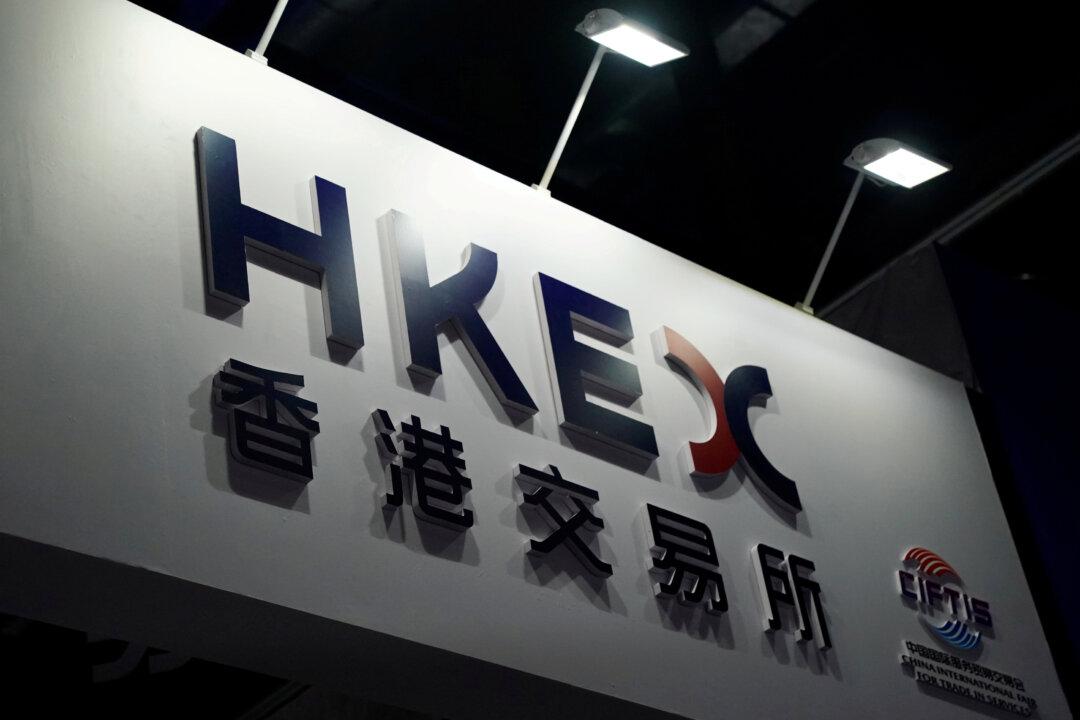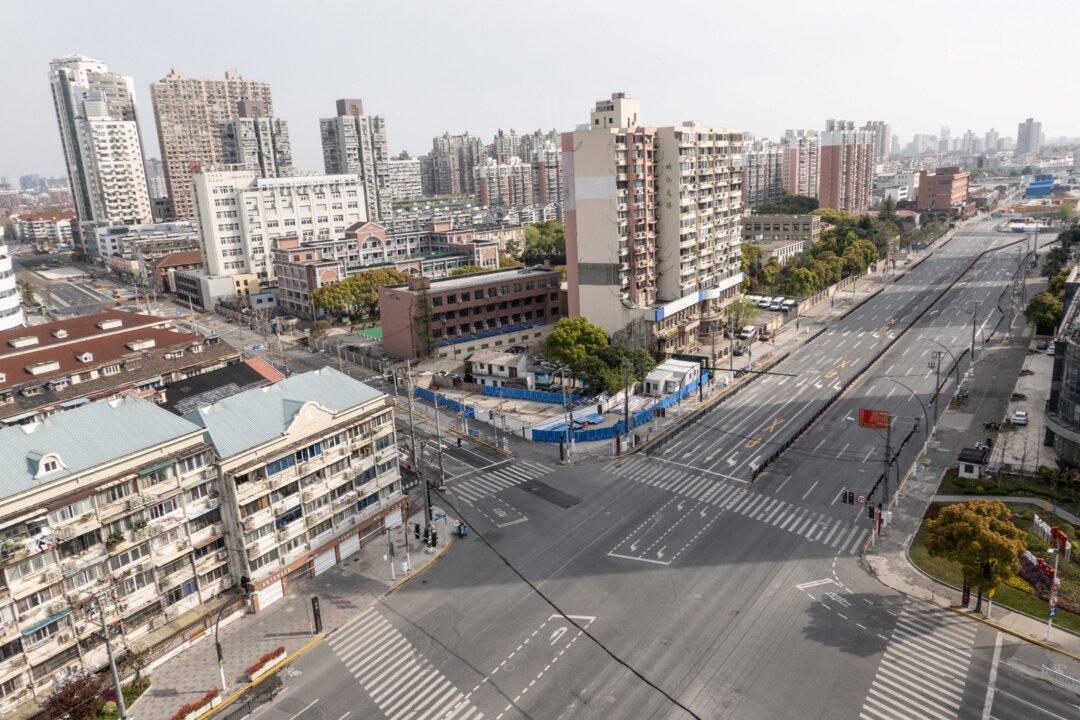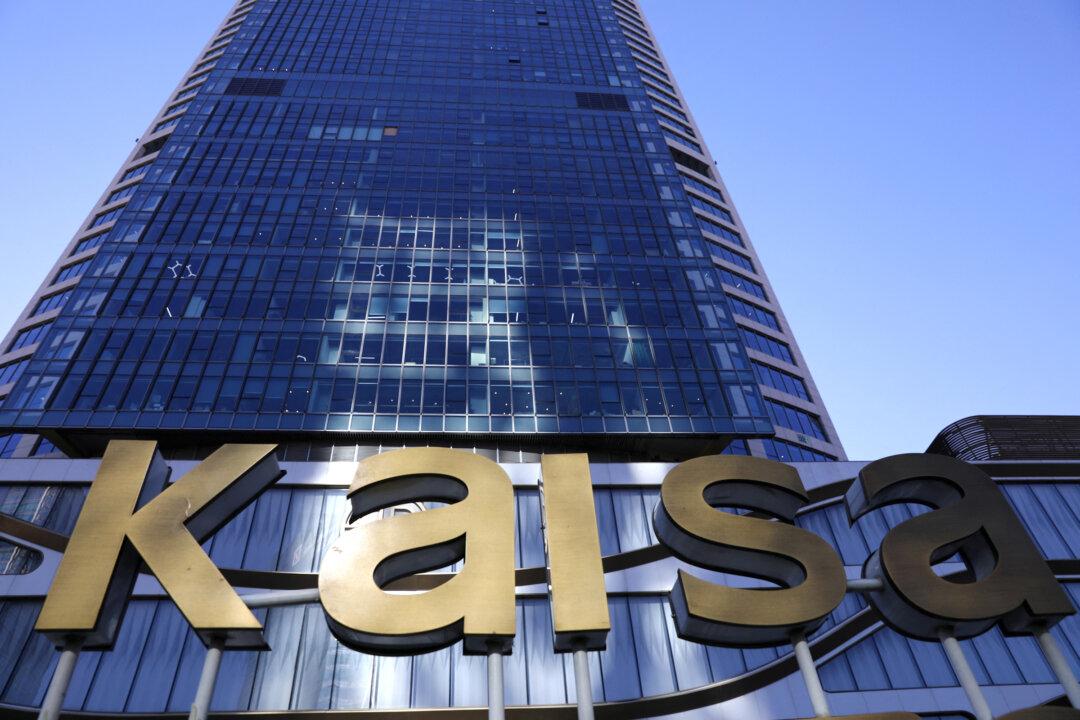Trading in the shares of China’s troubled real estate giant Evergrande was suspended on the Hong Kong Stock Exchange (HKEX) on Oct. 4, as the indebted developer missed interest payment deadlines and continued its efforts to repay investors.
A regulatory filing (pdf) with HKEX stated that “the trade suspension came ahead of an announcement containing inside information about a major transaction.”




